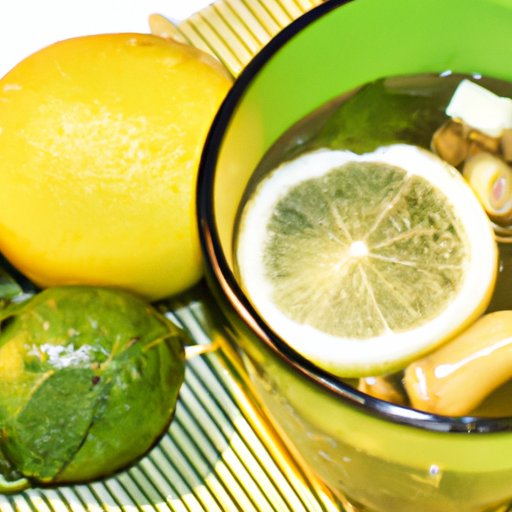
Introduction
Urinary tract infections (UTIs) are common bacterial infections that affect millions of people around the world. UTIs can cause a range of uncomfortable symptoms, including pain, burning, and frequent urination. It’s important to find ways to manage UTI symptoms to alleviate discomfort and prevent further complications.
Natural Remedies for UTI Symptoms Relief
There are several natural remedies that can help manage UTI symptoms without the use of antibiotics. Drinking plenty of water and other fluids can help flush out bacteria from the urinary tract. Consuming cranberry juice or supplements made from cranberry extract has been shown to prevent bacteria from sticking to the bladder and urinary tract walls. Taking probiotics can support gut and urinary tract health, and using herbal medicine like uva ursi or goldenseal can provide relief from symptoms like pain and inflammation.
Hygiene Practices to Aid in UTI Prevention
Keeping the genital area clean and dry is crucial to preventing UTIs. Wiping from front to back can help prevent bacteria from spreading into the urethra. It’s also important to urinate after sex to flush out any bacteria that may have entered the urinary tract. Avoiding scented products that can irritate the urethra or disrupt the natural balance of bacteria in the genital area is also recommended.
Over-the-Counter UTI Symptom Treatments
Common over-the-counter medications for UTI symptom relief include pain relievers like ibuprofen or acetaminophen. These medications can help reduce fever, pain, and inflammation associated with UTIs. However, it’s important to note that these medications do not treat the underlying infection and should not be used as a substitute for medical treatment.
Medical Treatments for UTI Relief
If symptoms persist or worsen, it’s important to seek medical treatment. In cases of more severe infections, antibiotics may be necessary to treat the underlying infection and prevent complications. Communicating with your healthcare provider about your symptoms and any medications you are taking can help ensure effective treatment.
Diet and Nutrition for UTI Symptom Management
There is a growing body of evidence suggesting that diet can play a role in preventing and managing UTIs. Consuming foods and supplements that are high in vitamin C, D-mannose, or probiotics can support gut and urinary tract health and prevent the growth of harmful bacteria. It’s important to talk to a healthcare provider before starting any new supplements or making significant changes to your diet.
Rest and Relaxation to Reduce UTI Symptoms
Self-care and stress reduction techniques can also play a role in managing UTI symptoms. Getting enough sleep, practicing yoga or meditation, and engaging in gentle exercise can help reduce stress and promote overall wellness. These practices can also help alleviate symptoms like pain and discomfort associated with UTIs.
Conclusion
UTIs can be uncomfortable and disruptive, but there are many ways to manage symptoms and prevent complications. Natural remedies like cranberry juice, probiotics, and herbal medicine can provide relief without the use of antibiotics. Hygiene practices, over-the-counter medications, medical treatments, diet and nutrition, and rest and relaxation techniques can all support urinary tract health and alleviate UTI symptoms. As always, it’s important to consult with a healthcare provider before using any new treatments or making significant changes to your lifestyle.




